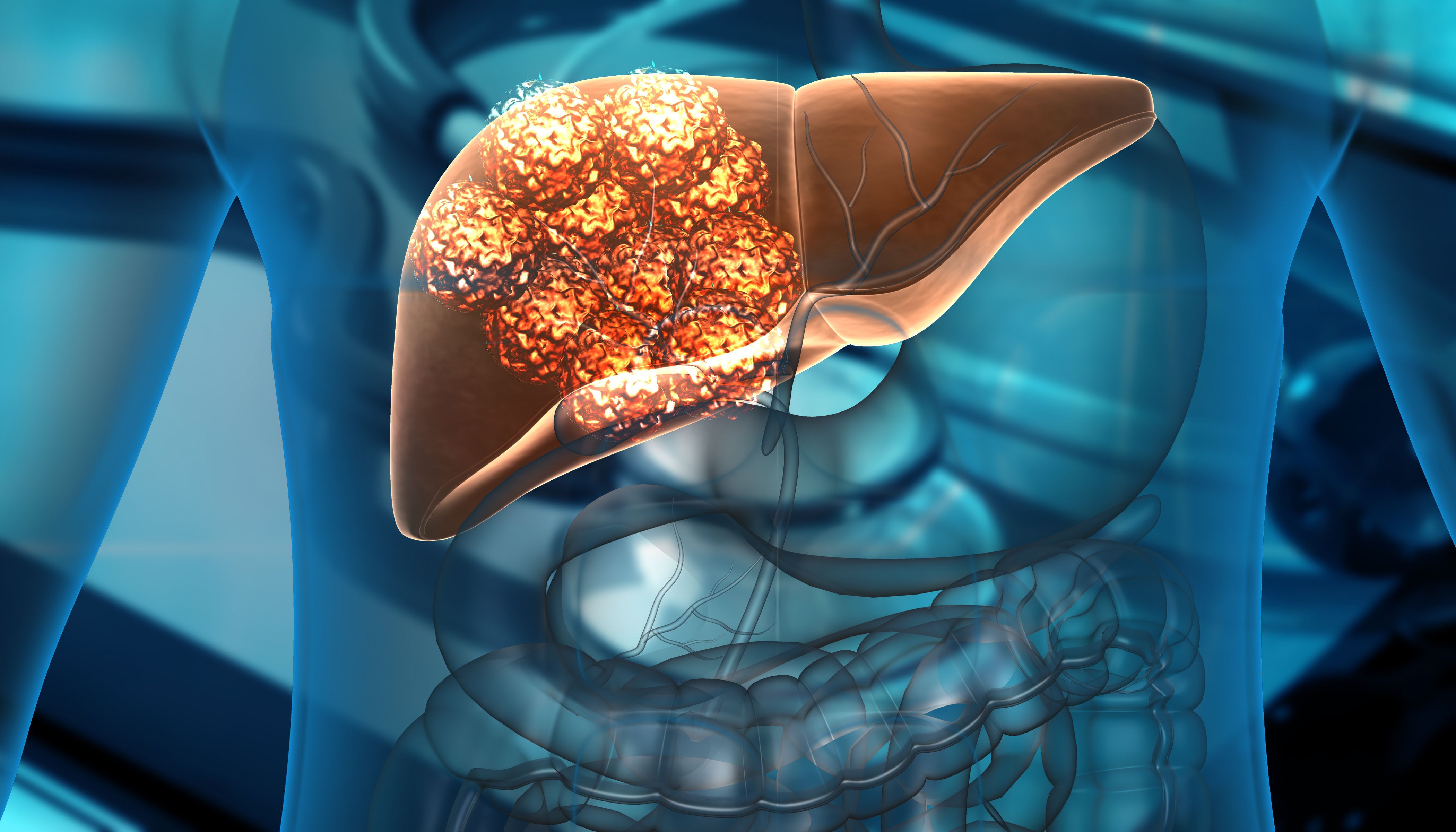FDA Approves Nivolumab/Ipilimumab in First-Line Hepatocellular Cancer
Findings from the CheckMate 9DW trial support the FDA approval of nivolumab and ipilimumab in unresectable hepatocellular carcinoma
US FDA

- The FDA approved the combination of nivolumab (Opdivo) and ipilimumab (Yervoy) for the first-line treatment of patients with unresectable hepatocellular carcinoma (HCC).
- This regulatory decision is supported by findings from the phase 3 CheckMate 9DW trial (NCT04039607).
- This combination previously showed superior survival benefit compared with other available treatment options.
The FDA has approved nivolumab plus ipilimumab for the first-line treatment of unresectable HCC.1
Data from the support this approval.2 The first results, which were presented at the 2024 American Society of Clinical Oncology Annual Meeting, showed that at a median follow-up of 35.2 months (range, 26.8-48.9), the median overall survival (OS) was 23.7 months among patients treated with nivolumab and ipilimumab vs 20.6 months for those treated with lenvatinib (Lenvima) or sorafenib (Nexavar; HR, 0.79; 95% CI, 0.65-0.96; P =.0180). The 24-month OS rates across these 2 arms were 49% (range, 44%-55%) and 39% (range, 34%-45%), respectively, and the OS benefit was statistically significant.
3D illustration of human liver cancer cell growth: © Rasi - stock.adobe.com

The phase 3, randomized, global study, randomly assigned 668 patients 1:1 to receive nivolumab and ipilimumab or investigator’s choice of lenvatinib or sorafenib. Patients with histologically confirmed HCC were included in the study if they had at least 1 measurable lesion per RECIST v1.1, a Child-Pugh score of 5 or 6, and an ECOG performance status of 0 or 1.3
Patients were not eligible to participate if they had previously received a liver transplant, had a history of hepatic encephalopathy, or had active brain or leptomeningeal metastases. In addition, those with known fibrolamellar HCC, sarcomatoid HCC, or mixed cholangiocarcinoma and HCC, were also not eligible for participation.
The primary end point of the study was OS, and secondary end points are objective response rate (ORR), duration of response (DOR), and time to symptom deterioration.3
Additional findings from the study showed that in the combination arm, the ORR was 36% (95% CI, 31%-41%) with a 7% complete response (CR) rate vs 13% (95% CI, 10%-17%) with a 2% CR rate in the lenvatinib/sorafenib arm.2 The median DOR across arms was 30.4 months (95% CI, 21.2-not evaluable) and 12.9 months (95% CI, 10.2-31.2), respectively.
Looking at safety, treatment-related adverse events (TRAEs) were seen in 84% of patients enrolled in the combination arm and 91% of patients in the lenvatinib/sorafenib arm, and grade 3 or 4 TRAEs were observed in 41% and 42%, respectively. Any-grade TRAEs led to treatment discontinuation in 18% of patients receiving nivolumab plus ipilimumab and 10% of patients receiving lenvatinib or sorafenib.
The recommended dose of nivolumab is 1 mg/kg plus ipilimumab 3 mg/kg given intravenously (IV) every 3 weeks for a maximum of 4 doses, followed by nivolumab 240 mg IV every 2 weeks or nivolumab 480 mg IV as a single agent every 4 weeks.









